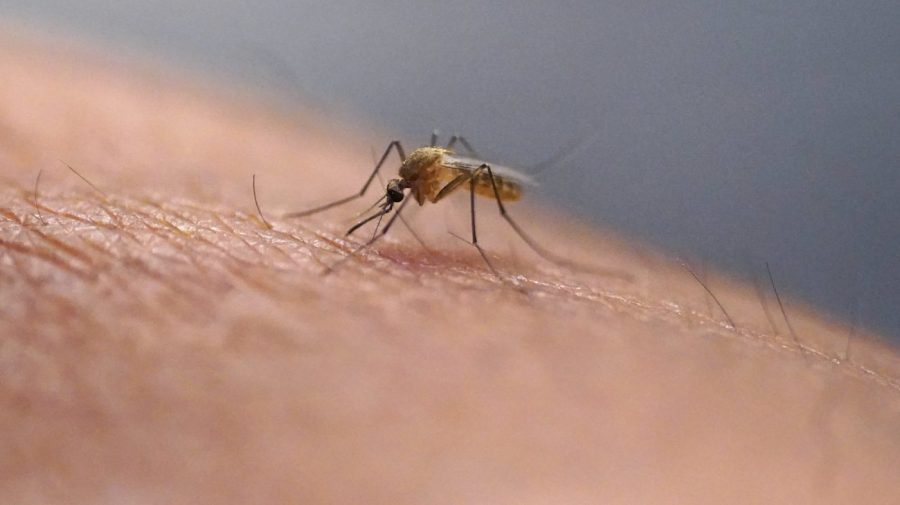The state of South Carolina has confirmed its first human death linked to eastern equine encephalitis (EEE) in over two decades. The fatality, reported by the South Carolina Department of Public Health (SCDPH), occurred in Beaufort County, marking a significant public health concern as EEE is a rare but severe viral infection.
This incident is particularly notable as it represents the first human case of EEE in South Carolina since 2020 and the first related death since 2003. The EEE virus is transmitted to humans through the bite of an infected mosquito, and there is no evidence of human-to-human transmission. Dr. Edward Simmer, the interim director of SCDPH, emphasized the seriousness of the situation, stating, “While cases of the virus in people are extremely rare, the effects can be very serious to those who are infected.”
Approximately 30% of individuals who develop severe EEE die from the infection, according to the Centers for Disease Control and Prevention (CDC). Survivors often face long-term neurological issues, highlighting the importance of preventive measures. Unfortunately, there are currently no vaccines or specific treatments available for EEE in humans.
Preventive Measures and Public Health Response
To mitigate the risk of infection, SCDPH advises residents to take proactive steps against mosquito bites. Recommendations include wearing long sleeves and long pants, opting for light-colored, loose-fitting clothing, and using EPA-registered repellents containing ingredients such as DEET or oil of lemon eucalyptus. It is crucial for individuals to adhere to product label instructions for safety.
In response to the recent case, Beaufort County Mosquito Control has initiated multiple spraying operations, utilizing truck and helicopter applications for broader coverage. The county is also setting up mosquito traps to facilitate EEE virus testing in the area. Fortunately, no EEE-positive mosquitoes have been detected in 2025 thus far.
From mid-July through August of this year, SCDPH reported 10 EEE-positive horses across several counties, including Aiken, Colleton, and Horry, which raises further concerns about the virus’s presence in the region.
Community Guidelines for Mosquito Control
Residents are encouraged to maintain their properties to help control mosquito populations. SCDPH offers several guidelines for keeping homes and yards mosquito-free. These include:
– Emptying any containers that can hold standing water, such as plant saucers and toys.
– Regularly changing water in bird baths and pet dishes to disrupt mosquito breeding cycles.
– Disposing of unwanted items that may collect water, including old tires and trash.
– Covering or overturning items that might retain water, such as buckets and wheelbarrows.
– Cleaning gutters and ditches to prevent water accumulation.
Collaborative efforts within neighborhoods can also enhance mosquito control. Discussing strategies with neighbors can significantly contribute to reducing mosquito populations in the area.
For additional information on preventing mosquito bites and the risks associated with EEE, residents can consult resources provided by the SCDPH and the American Mosquito Control Association.
